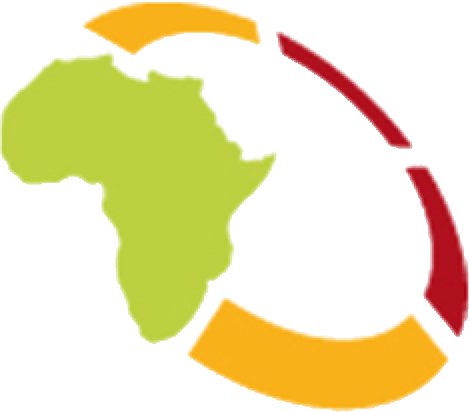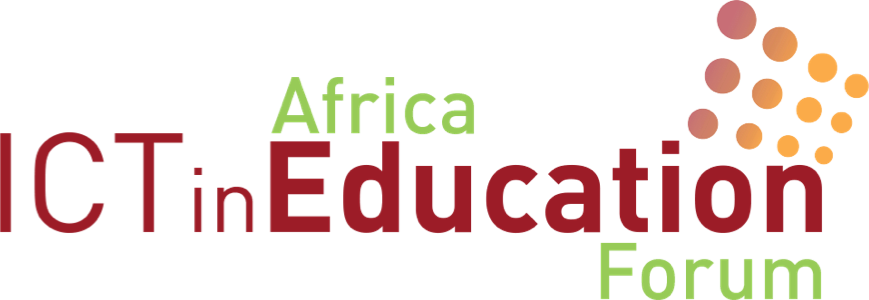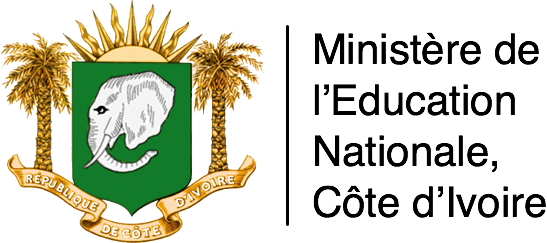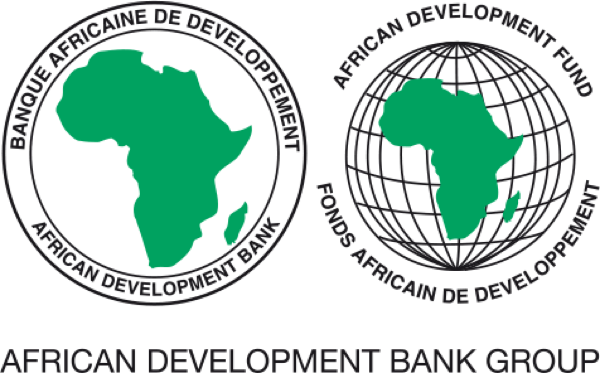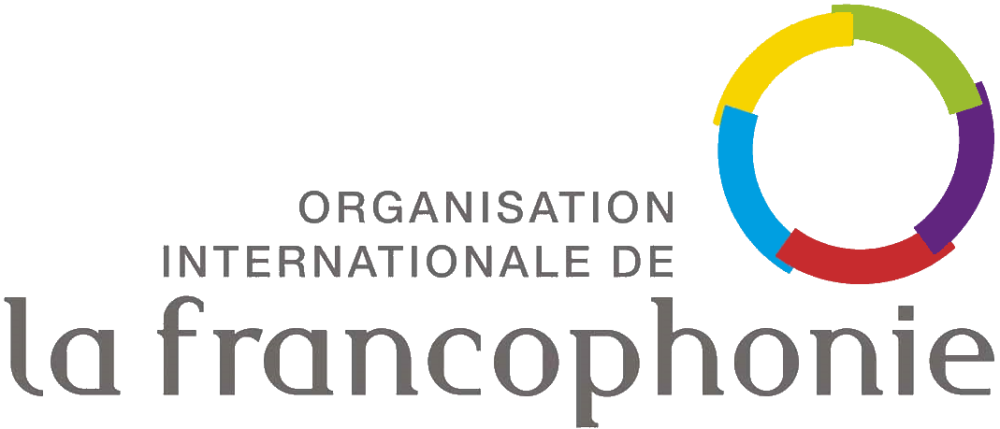Thematic Areas
The following thematic areas to be addressed during the forum are intended to provide conceptual and concrete answers and approaches on how identified levers can catalyse the dynamics that pave the way for the required transformation of Africa’s education and training systems through relevant and effective integration of ICT:
National ICT in education and training policies and strategies – lessons learned
Type of session: Panel of experts
Relevance: While African governments recognise the importance of leveraging ICTs for improving access and quality of education, their applications is very weak in connection with teaching and learning (African Development Bank Group & World Bank Group, eTransform Africa: ICTs for Education in Africa). Indeed, ICT application to education and training remains focused in the administration and management of the system.
Guiding questions: What are African countries doing to leverage ICTs in teaching/learning? Are pedagogy specialists and educators revisiting teaching/learning theories and practices or are they just trying to reproduce the classical pedagogical scenarios through the utilisation of ICTs? How is this reflected in terms of policies/strategies in general and implementation in particular? How is it redefining the teaching profession, role of teachers and, hence, teacher training and professional development, pedagogical resources, pedagogy and evaluation and assessment?
Empowering marginalized populations through ICT-driven education initiatives
Type of session: Panel of experts
Relevance: The SDG No. 4 calls upon governments and the global community to “ensure inclusive and equitable quality education and promote lifelong learning opportunities for all”. CESA 2016-2025, Africa's framework for a transformative education and training system that relates with the global goal on education, is guided by six principles which include the realisation that "holistic, inclusive and equitable education with good conditions for lifelong learning is sine qua non for sustainable development." These commitments to inclusive education are not just the outcome of a human rights approach to education but are also driven by the fact that nations will not be able to achieve sustainable development and prosperity by leaving behind groups that could potentially contribute to their socio-economic development. Nations are required to tap into all their potentials to achieve inclusive growth and sustainable development, and achieving this very ambitious endeavour and ‘reaching the unreached’ can be facilitated through innovative pedagogical models and proper utilisation of technologies.
Guiding questions: How can ICTs concretely help ‘reach the unreached’? Are there any effective projects implemented in Africa? How did these projects start? What research is available to inform African policymakers? Have these projects been scaled up and, if so, how? What are the lessons in terms of policy development and implementation?
ICT applications in Science, Technology, Engineering, and Mathematics (STEM) teaching/learning
Type of session: Panel of experts
Relevance: promoting STEM teaching/learning is key for the future of Africa in terms social development and economic growth. The continent needs STEM skills to think and drive its growth, also taking into account the gender perspective. “If Africans are to solve problems and to lead social and economic development in their own countries – rather than leaving it to international aid agencies – all African learners will need higher-level STEM skills » (World Economic Forum (WEF), 2015). The AU’s STISA-2024 places science, technology and innovation at the epicentre of Africa’s socio-economic development and growth.
Guiding questions: How can ICTs contribute to implementing AU’s STI strategy and promoting STEM education in Africa? Are there any scalable experiences or large-scale initiatives? How can Africa scale up successful experiences and go beyond pilots into large-scale initiatives so as to reach critical masses? What are the lessons to be drawn from the experiences that are presented and that can inform on-going, as well as new, programmes and policies?
ICTs and Technical and Vocational Skills Development (TVSD) for youth employment and entrepreneurship: promising models
Type of session: Ministerial round table and a side event on youth and innovation
Relevance: According to the African Development Bank’s Briefing Note on Africa’s Demographic Trends, African population aged 15-39 years will reach 637 million by 2030. Whether this rapid increase in youth population will be leveraged for the growth of the continent or become a source of instability will depend, among others, on what relevant learning opportunities African education systems are providing the youth. Africa cannot afford not to achieve the demographic dividend and government experts and development partners are required to come up with innovative models to skill African youth for employment and entrepreneurship. CESA 16-25 calls for the development and implementation of innovative strategies to expand TVET opportunities at both secondary and tertiary levels and to strengthen linkages between the world of work and education and training systems.
Guiding questions: Are ICTs being leveraged enough by TVET/TVSD policies and programmes for skilling the youth and preparing them for the job market or self-employment? What are the professional digital skills that can be developed to open new economic opportunities in terms of employment or entrepreneurship for African youth? Why and how should this be done?
ICT integration, distributed Leadership and policy coherence
Type of session: Ministerial round table
Relevance: The existence of so many pilot programmes and very few large scale ICT-driven initiatives in education and training systems in Africa can be explained by (a) the lack of articulation of the ICT in education policy with other sectorial policies (STI and ICT), (b) the lack of alignment with national, social and economic development policies, making it hard to mobilize the whole government and key stakeholders and required resources, and (c) the lack of distributed leadership required for cascading the visions and ambitions downward and upward, and also for analysing real problems and procurement of real solutions that will translate ambitions into implementable policies/strategies and effective programmes.
Guiding questions: How can we move from a logic of pilots to that of experimenting for scale up? Can Ministries of Education do this on their own or do they also require to bring on board other knowledge society related ministries such as ministries in charge of higher education, science, TVET, ICTs, etc.? How can this be done? Is policy coherence a viable and sustainable approach to bring on board other ministries and build ownership of ICT in education policy by other ministerial departments?
Inclusive knowledge societies and the role of Education and ICTs
Type of session: Ministerial round table
Relevance: Building inclusive knowledge societies in Africa paves the way for growth and the implementation of the sustainable development goals. The process of building a knowledge society is known to rely on 2 pillars (education and STI) and a driver (ICT). It is therefore fundamental for leaders, policymakers and government administrators to have a commanding understanding of the concept of knowledge society and how it fundamentally depends on how relevant and impactful education policies are and how ICTs are leveraged to potentially achieve sustainable development and promote the development and expression of cultural and linguistic diversity for the benefit of all.
Guiding questions: How is developing knowledge society understood and hence reflected in terms of social and economic development policies? How does this influence defining education policies and outcomes? And, what was expected from ICTs in education policy formulation and implementation in terms of linking education policies to building knowledge society?
